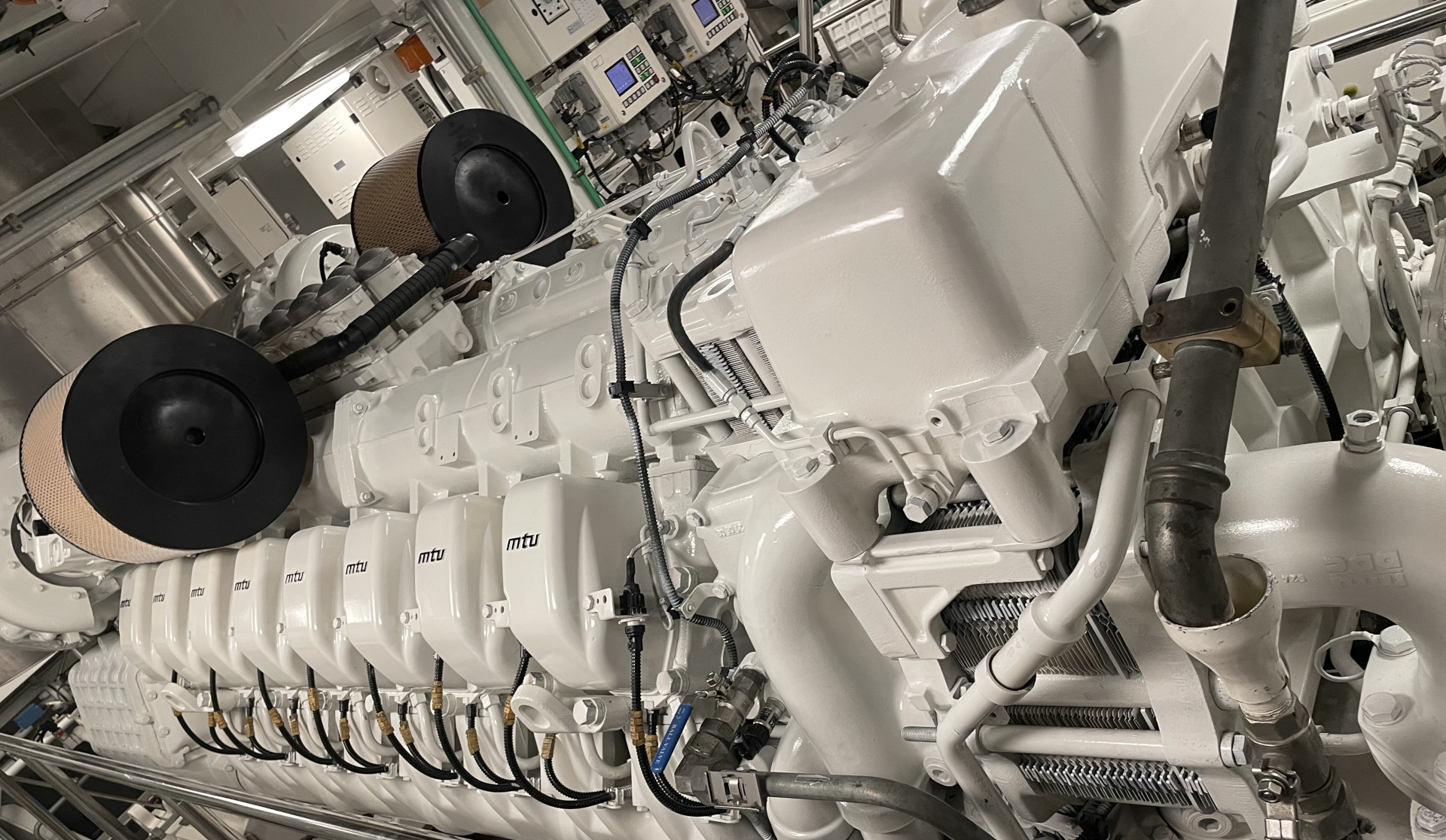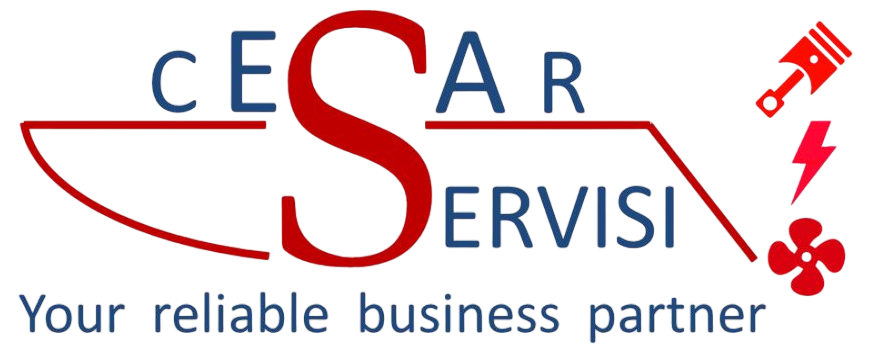
THE IMPORTANCE OF REGULAR MAINTENANCE OF BOAT ENGINES
Marine engines are the foundation of marine operations providing the necessary power to propel vessels across vast oceans and through challenging weather conditions. Their importance cannot be overestimated as they directly affect the efficiency, safety and economic profitability of maritime activities.
Regular maintenance of marine engines is essential to ensure their longevity, reliability and efficiency. In this article we will highlight the most important benefits of regular maintenance.
IMPROVED FUEL EFFICIENCY
Over time engines can accumulate deposits like carbon and soot which can interfere with their performance. Regular cleaning and maintenance help keep these deposits under control ensuring the engine runs smoothly and efficiently.
Proper maintenance ensures that components such as fuel injectors and air filters are in good condition. This is crucial for optimal combustion which directly affects fuel efficiency. Well-maintained injectors deliver fuel at the correct pressure and spray pattern resulting in more complete combustion and less fuel wastage.
PREVENTION OF EXPENSIVE REPAIRS
Regular inspections and maintenance help identify potential problems before they escalate. Small problems such as minor leaks, wear or corrosion can be dealt with quickly preventing them from developing into major mechanical failures that require extensive and expensive repairs.
EXTENDED ENGINE LIFE
Ships operate in demanding conditions often for long periods. Regular maintenance helps identify and resolve minor problems before they grow into significant problems. By regularly inspecting and servicing components wear can be reduced, thereby extending the engine’s service life.
Proper lubrication is essential for the smooth operation of engine parts. Regular maintenance includes oil and lubricant changes which reduce friction and prevent overheating. This not only ensures efficient operation but also prevents premature wear of engine components.
IMPROVED CREW SAFETY
Regular maintenance helps identify and correct potential problems before they lead to engine failure. Engine failures at sea can lead to loss of power, controllability and increased risk of collision or grounding which can compromise the safety of the crew.
Engines that are not properly maintained can overheat or leak fuel which can lead to fires. Regular inspections and maintenance reduce the likelihood of such hazards.
Poorly maintained engines can emit higher levels of toxic fumes or smoke which can be harmful to the crew. Keeping the engine running efficiently helps minimize exposure to these hazardous emissions.
COMPLIANCE WITH INTERNATIONAL REGULATIONS
Safety is paramount in maritime operations. Regulations such as the International Convention for the Safety of Life at Sea (SOLAS) require that marine engines and machinery must be maintained to ensure reliable and safe operation.
ECOLOGICAL REGULATIONS
Environmental protection is another key focus of international maritime regulations. IMO’s MARPOL Convention (International Convention for the Prevention of Pollution from Ships) sets strict limits on emissions of pollutants such as sulfur oxides (SOx), nitrogen oxides (NOx) and particles from ship engines. Regular maintenance ensures that engines run efficiently and within emission limits reducing the environmental impact of ship operations.
BEST PRACTICES FOR MARINE ENGINE MAINTENANCE
IMPORTANCE OF QUALIFIED MAINTENANCE PERSONNEL
Qualified maintenance personnel can identify and resolve potential problems before they become serious reducing the risk of engine failure that could lead to accidents or hazardous situations at sea.
Maritime safety regulations require regular and thorough maintenance of marine engines. Qualified personnel ensure compliance with these standards, thereby avoiding legal and financial penalties.
Experienced maintenance crews can perform routine inspections and repairs more efficiently, reducing downtime and ensuring ships can follow their schedules.
Modern marine engines are complex and require a high level of technical knowledge to maintain. Qualified personnel are trained to understand and operate these sophisticated systems. Experienced technicians can quickly diagnose and fix problems reducing the time and resources spent on problem identification.
CONCLUSION
Regular engine maintenance is essential for the efficient and safe operation of any marine vessel. By following a consistent maintenance schedule operators can ensure optimal engine performance reducing the risk of unexpected breakdowns and costly repairs.
In addition, well-maintained engines contribute to fuel efficiency, reducing operating costs and minimizing the environmental impact of marine activities.
Regular maintenance also extends the life of the engine protecting the significant investment in these critical components.
Finally, prioritizing marine engine maintenance increases the reliability, safety and sustainability of marine operations highlighting its indispensable role in the industry.
